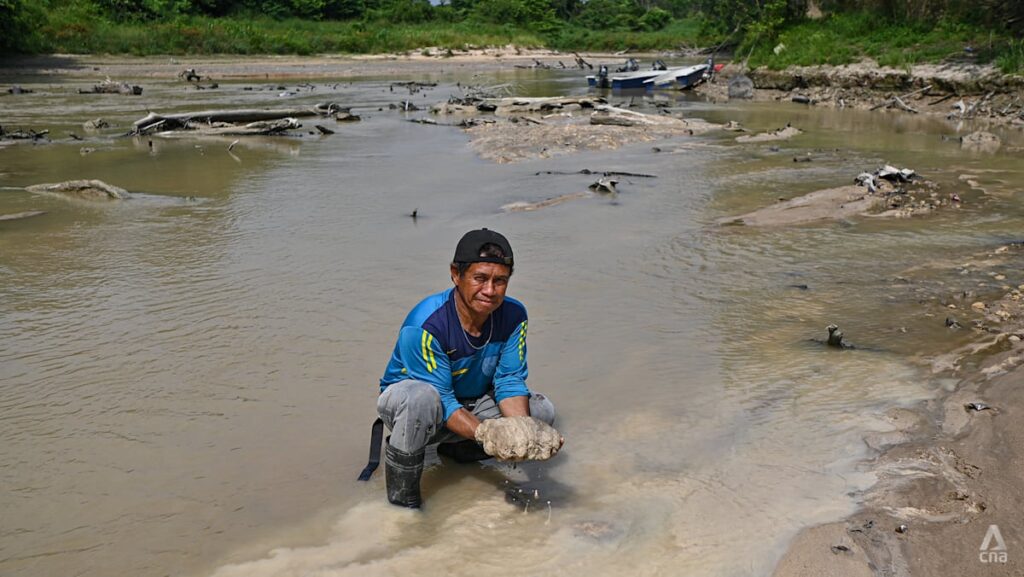Given the scale of the pollution incident last week, there has also been calls from opposition politicians for Johor Chief Minister Onn Hafiz Ghazi to weigh in on the issue.
Onn Hafiz has not issued a statement on the latest water disruptions, and a press officer from his team told the media that the infrastructure executive committee led by Fazli Salleh will be the state’s representative on the matter.
Alias Rasman, youth chief for Parti Pribumi Bersatu Malaysia’s (Bersatu) Johor chapter, issued a statement on Tuesday outlining how Onn Hafiz’s purported silence was “disappointing” as Johoreans need a leader “to step forward when they are struggling”.
“Even more concerning is this: How can Johor manage major investments such as data centre projects if issues like river pollution and water supply disruptions have yet to be resolved?” he added.
On how to better enforce against such incidents, Zaki the water quality specialist suggested that water pollution laws in Johor be more stringent especially since the state has sensitive water catchment areas.
He noted that as pointed out in DOE’s statement on the issue, the mining activity that led to the pollution incident was not subjected to an environment impact assessment as the land encompassed less than 20 hectares, a “legal limitation under existing federal law”.
However, he pointed out that in other states like Selangor for example, such mining activities are regulated under state licensing regulations which allows the state authorities to conduct more stringent enforcement.
“Perhaps it’s high time for other states to follow in the footsteps of Selangor?” said Zaki.
“That said, strategic management of pollution in a water catchment area is the better, more sustainable solution … At the very least, high risk pollution activities should not be allowed upstream of major (or) critical water intakes,” he said.
“This is especially true in the case of Johor, which has constrained water resources.”
Zaki also suggested that water operators like Ranhill SAJ be more proactive in catchment monitoring by setting up a dedicated team to detect potential pollution as well as consider off-site river storage facilities to help ensure continuous supply of clean water during bouts of disruptions.
Meanwhile Siew, the environmentalist, warned that continued pollution in the Johor River would have long term consequences for the southern state.
“If the water continues to be contaminated, this affects food security, health. I think this incident puts into light how water is a fundamental right for every one,” he added.
https://www.channelnewsasia.com/asia/malaysia-johor-river-pollution-livelihoods-affected-5447161


